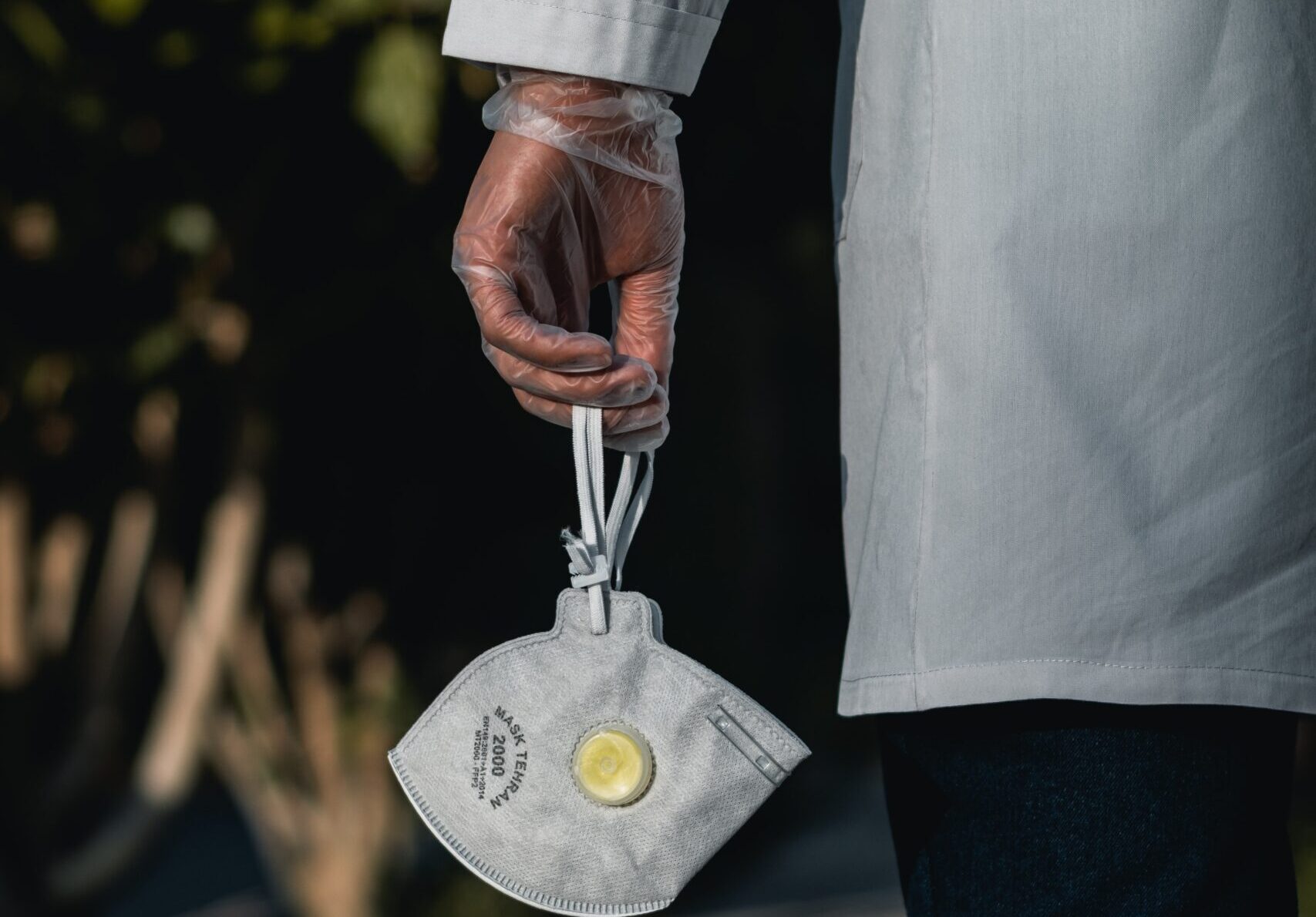Vulnerabilities in rural healthcare services were exposed when Cyclone Gabrielle tore through the North Island last month.
In the aftermath of the storm, reports have come through of a pregnant woman facing a three-hour drive to a birthing unit due to highway closures, Rotorua mental health professionals fundraising to revisit flood victims, and pharmacists calling for a prescription fee waiver to be extended to help ease the financial burden on affected communities.
The SMC asked experts to comment on how rural health services will fare in a warming world.
Professor Garry Nixon, Associate Dean – Rural Health, University of Otago, and rural doctor at Dunstan Hospital; and Dr Margaret Fielding, Clinical Lead and GP, Wairoa Hospital, comment:
“Extreme weather events will happen with increasing frequency as climate change progresses and we need to make plans for rural health that are sustainable and resilient in this new environment. The burden of climate change events isn’t falling evenly. This will exacerbate the existing health disparities faced by many of these communities, often with large Māori populations, resulting from levels of socioeconomic deprivation and poor access to services.
“In order to cope, health services need to be as decentralised as possible. Local rural health services can be all that is left for a community, often for prolonged periods. These services can be very responsive and adaptable, and can pivot rapidly to address immediate community needs; but they need to be resourced and empowered to do this. This includes not only maintaining and building existing services (often from a low base in rural areas) but also taking advantage of evolving technologies such as point of care laboratory testing and ultrasound.
“The health challenges are often more about accessing routine care than about emergency care. These challenges, for both isolated communities and health care providers haven’t gone away and will last for many more months. Local health services are on the ground and in the best place to take the lead during the disaster and the recovery phases. Regional services then need to support them by responding to their priorities and meeting their requests for additional help.
“The breakdown in communication systems proved a major problem for local health services at all levels; communication between patients and the local health service, between different parts of the local health service and with base hospital services. This will have impacted all emergency services and there will likely be an effort to put in back-up solutions for the future. Local rural health services will need to be consulted and included in the solutions as they are rolled out.
“Major changes on where rural communities can most easily access secondary health services have been forced by the weather events. The hospital they traditionally accessed may no longer be the closest or most accessible. The traditional catchment boundaries of hospitals need to be able to change temporarily or even permanently to accommodate this and everyone, communities and hospital staff need to be onboard with the changes. Waka Kohati and Te Whatu Ora need to work together to ensure the health system is responding to these changes in the roading network.
“Access to distant specialist investigations and appointments will be disrupted. This will further exacerbate the health inequities in many rural communities and will need an active period of ‘catch up’.”
No conflicts of interest declared.
Dr Kyle Eggleton, Associate Dean – Rural Health, Department of General Practice and Primary Health Care, University of Auckland, comments:
“Climate change events will occur more frequently and be more severe, as we have seen with recent flooding events in Auckland and Cyclone Gabrielle.
“Based on the literature we know that rural communities will be affected more severely, for a range of reasons. These include climate-threatened primary industry livelihoods such as farming, fishing, and forestry, resulting in unemployment, financial stress, and poor mental health wellbeing; a higher vulnerability of remote coastal communities to coastal erosion; poorer quality housing in low-income rural communities, exacerbating housing related illnesses such as infectious diseases and respiratory illnesses; reliance on untreated drinking water sources leading to gastrointestinal illness; and critical infrastructure issues (such as electricity and transport links).
“Perhaps more importantly, rural areas have an overall higher percentage of Māori compared with urban areas, and this will result in an exacerbation of the already existing rural-urban health inequities.
“Evidence suggests that rural general practices are not well equipped to deal with severe climate change events. In a recent study by our team, rural general practices said that the likelihood of them being able to provide ongoing support to communities as a climate event continued decreased over time.
“Strategies that might help rural general practices cope better with evolving climate change events include acute disaster capacity response preparedness e.g., generators, well equipped emergency rooms, interagency cooperation, support with long-term disaster recovery phase planning, partnership with iwi/hapū, community health promotion activities and awareness programmes, and central government leadership.”
No conflict of interest.
Dr Lauren Vinnell, Lecturer of Emergency Management, Joint Centre for Disaster Research, Massey University, comments:
“While the state of national emergency has ended in Tairāwhiti and Hawke’s Bay, it is important to remember that the recovery from Cyclone Gabrielle will take a long time. Many people will still require mental health support while processing this event, as well as dealing with ongoing challenges such insurance claims, rebuilding, relocating, and coping with lost livelihoods. It’s crucial that services are available as widely as possible, appropriate for the people engaging with them, and that they reach people who are usually less likely to reach out for help, such as men, people who live in less urban areas, and people who were already socially isolated before this event.”
No conflict of interest.
